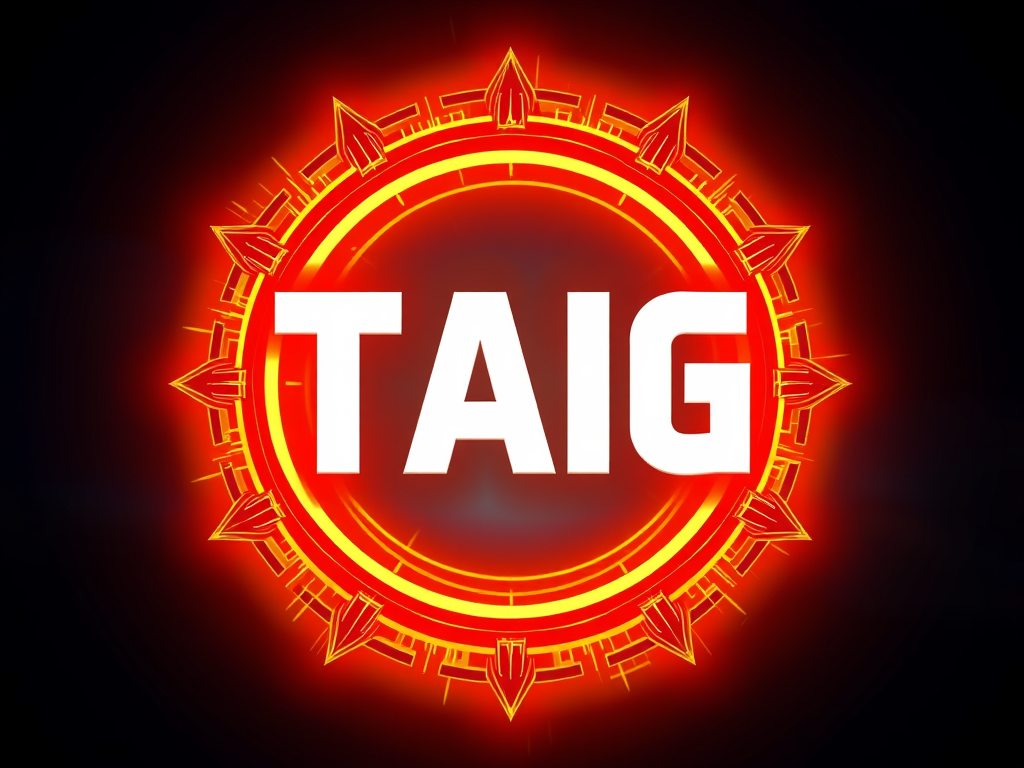Impact of Artificial Intelligence on Tech Career Opportunities
Artificial Intelligence is reshaping the tech workforce significantly. The AI impact on tech jobs is twofold: some roles are evolving while others face disruption. Traditional positions like data analysts or software developers now incorporate AI tools, automating routine tasks and allowing professionals to focus on complex problem-solving. This AI-driven career transformation means employees must adapt to new workflows and hybrid tech environments.
Research indicates a mixed effect on employment: while some jobs are displaced, many new roles emerge. For example, AI specialists and machine learning engineers are in growing demand, reflecting AI’s expansion in the tech industry. Several studies reveal that although automation replaces repetitive tasks, it also creates jobs requiring advanced technical skills.
In parallel : What role does AI play in the UK’s high-tech computing landscape?
Companies across sectors leverage AI to improve efficiency, influencing the tech job market profoundly. The ability to embrace AI in tech industry roles determines whether professionals thrive or face obsolescence. Understanding these dynamics helps individuals navigate their careers thoughtfully, ensuring they remain relevant amid this rapid transformation.
Emerging Tech Careers Fueled by AI
Artificial Intelligence spawns a variety of new AI job roles that redefine the tech landscape. Roles like AI ethicists, data annotators, machine learning ops engineers, and AI trainers are emerging as integral parts of the AI ecosystem. For example, AI trainers teach machines to recognise nuances by feeding high-quality data, while AI ethicists ensure responsible development.
This might interest you : Elevate your business with effortless AI staff solutions
These AI-powered careers blend technical expertise with domain-specific knowledge. Core responsibilities often include developing algorithms, managing AI infrastructure, and maintaining data integrity. For instance, machine learning engineers design models that power AI applications, showing the technical depth required.
Sectors such as healthcare, automotive, and finance lead the growth of emerging AI positions. Companies like major tech firms and startups aggressively expand AI teams to innovate in areas like autonomous systems and personalized medicine.
With AI integration deepening, these evolving roles offer promising paths for tech professionals seeking to leverage the AI-driven career transformation. Keeping pace with these new AI job roles unlocks opportunities in the evolving tech workforce.
Impact of Artificial Intelligence on Tech Career Opportunities
Artificial Intelligence profoundly reshapes the tech workforce landscape. The AI impact on tech jobs manifests in both job displacement and creation. While automation replaces routine tasks, it also introduces new responsibilities within traditional roles. For example, software developers now integrate AI tools to improve coding efficiency and troubleshoot complex issues faster, reflecting a clear AI-driven career transformation.
Studies reveal that AI leads to a net positive effect on employment in the tech industry. According to leading research, sectors adopting AI report a 15-30% increase in demand for hybrid roles that blend domain knowledge with AI proficiency. However, roles heavily reliant on repetitive processes face greater risk of displacement, highlighting the need for ongoing skill development.
The AI in tech industry constantly evolves, prompting professionals to adapt rapidly. AI technologies demand familiarity with machine learning models, data analysis, and AI frameworks. This dynamic environment means embracing AI is no longer optional but essential for those aiming to stay competitive in the tech job market. Understanding this complex impact helps individuals strategize their careers, blending resilience with opportunity.
Impact of Artificial Intelligence on Tech Career Opportunities
The AI impact on tech jobs is rewriting job descriptions and workflows across the industry. Traditional tech roles now integrate AI tools to automate routine tasks, enabling professionals to focus on higher-level challenges. For instance, software developers leverage AI-powered code assistants to accelerate development and reduce errors, demonstrating a clear AI-driven career transformation.
Research quantifies this shift: a recent study highlights that while automation may displace up to 20% of repetitive tech roles, it concurrently generates a 25% increase in hybrid positions requiring AI knowledge. These new roles blend skills in programming, data science, and AI framework management, reflecting the changing demands within the AI in tech industry.
Moreover, sectors using AI extensively report a surge in demand for roles such as AI system integrators and automation specialists. This reshaping means professionals must embrace continuous learning to remain competitive. Understanding these evolving dynamics aids individuals in aligning their skills with the growing requirements fueled by AI’s expanding influence on tech careers.
Impact of Artificial Intelligence on Tech Career Opportunities
The AI impact on tech jobs continues to reshape traditional roles by integrating intelligent automation and data analytics into daily workflows. Software developers, for example, now utilize AI-driven code generation and debugging tools that increase productivity and reduce errors. This shift exemplifies the broader AI-driven career transformation, where routine tasks are automated, allowing professionals to focus on more strategic, creative challenges.
Statistical data supports this evolution: recent studies show that while some entry-level tech jobs experience displacement, there is a 20-30% growth in hybrid roles combining software development, data analysis, and AI model management. This highlights the dual nature of AI’s influence in the tech industry—disruptive yet generative.
The AI in tech industry fosters demand for skills related to machine learning frameworks, natural language processing, and automated system integration. Companies report increased hiring for roles requiring expertise in these areas, emphasizing the necessity for professionals to embrace continuous learning. Therefore, understanding this dynamic is crucial for those aiming to thrive amidst ongoing AI impact on tech jobs, as the landscape demands adaptability alongside technical proficiency.

